
Image: iStock/Srdjanns74

Image: iStock/Srdjanns74
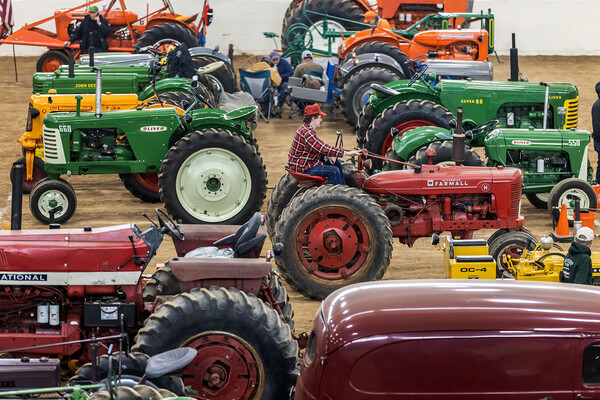
(Homepage image) With a $130 billion economic impact, agriculture is Pennsylvania’s largest industry. At the Farm Show this year, Penn Vet faculty, staff, and students highlighted the integral role that veterinarians play in keeping that sector thriving.
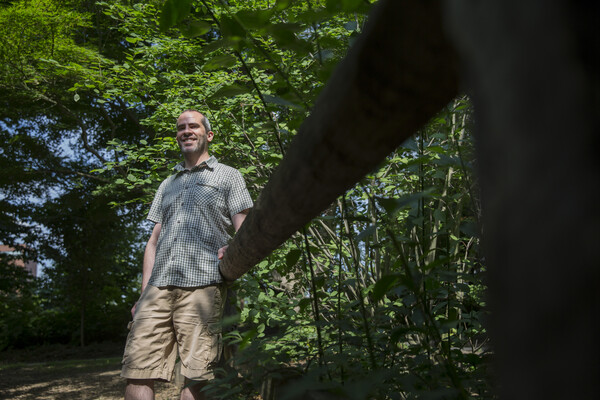
Building on his interest in philosophy and his years of advising undergrads, biologist Dustin Brisson has written a guidebook to help students live a better life in college and beyond. (Image: Denise Henhoffer)
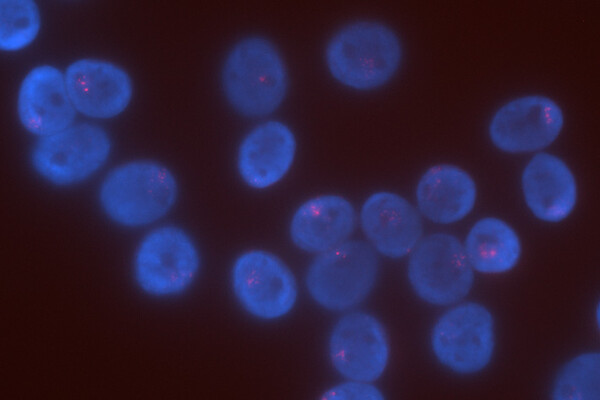
AT2 cells, a type of lung cell that produces surfactant and give rise to gas-exchanging cells, can be infected by SARS-CoV-2. Research by Penn Vet scientists showed that differences in gene expression between male and female AT2 cells may help explain why older males have more severe outcomes from COVID-19 and similar diseases. (Image: Courtesy of the Anguera laboratory)
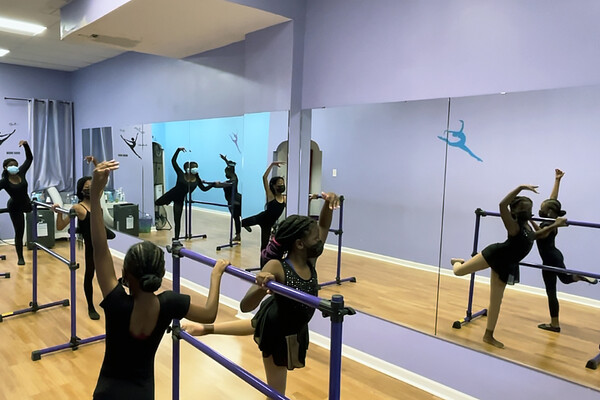

Genetic material extracted from permafrost in northern Greenland revealed the presence of a rich, warm, and vibrant ancient ecosystem in what is today a cold and rather barren landscape, offering promise for future scientific discovery based on ancient environmental DNA.
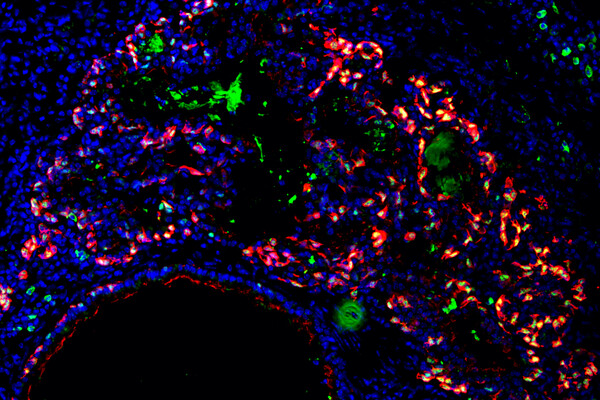
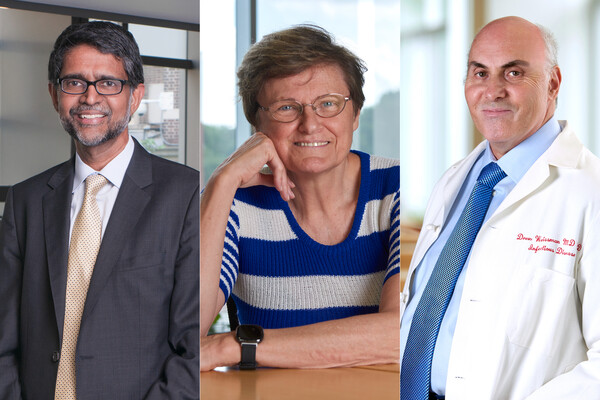
Vijay Kumar of Penn Engineering and Katalin Karikó and Drew Weissman of the Perelman School of Medicine have been named Fellows of the National Academy of Inventors, recognizing their contributions to inventions that have made a meaningful impact on society. (Images: Penn Engineering/Penn Medicine)
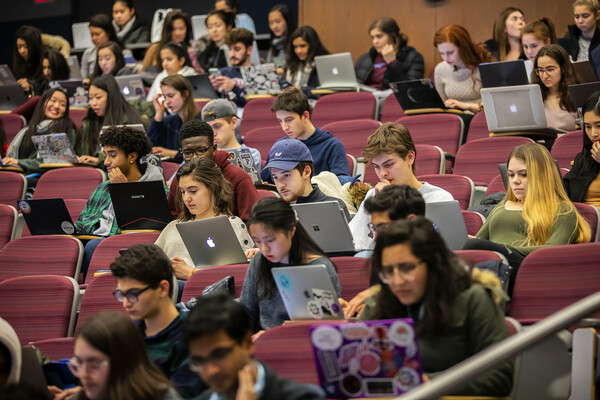
A grant from the HHMI will support collaborative work by Penn and other institutions to enhance the inclusivity of introductory STEM courses, starting with a rigorous examination of teaching in the School of Arts & Sciences and School of Engineering and Applied Science.
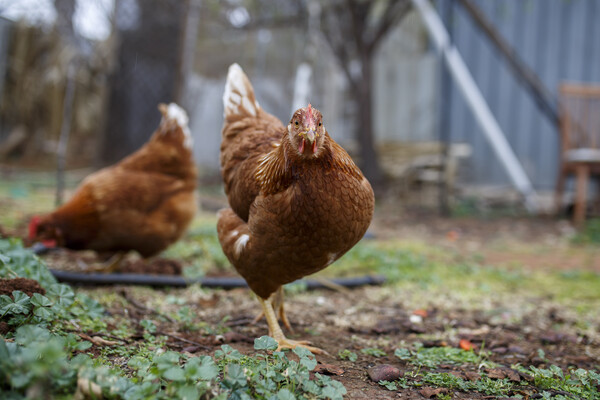
An outbreak of avian influenza is impacting birds both wild and domestic. Penn Vet researchers are helping track and better understand the disease, which has affected more than 52 million birds in the United States this year.